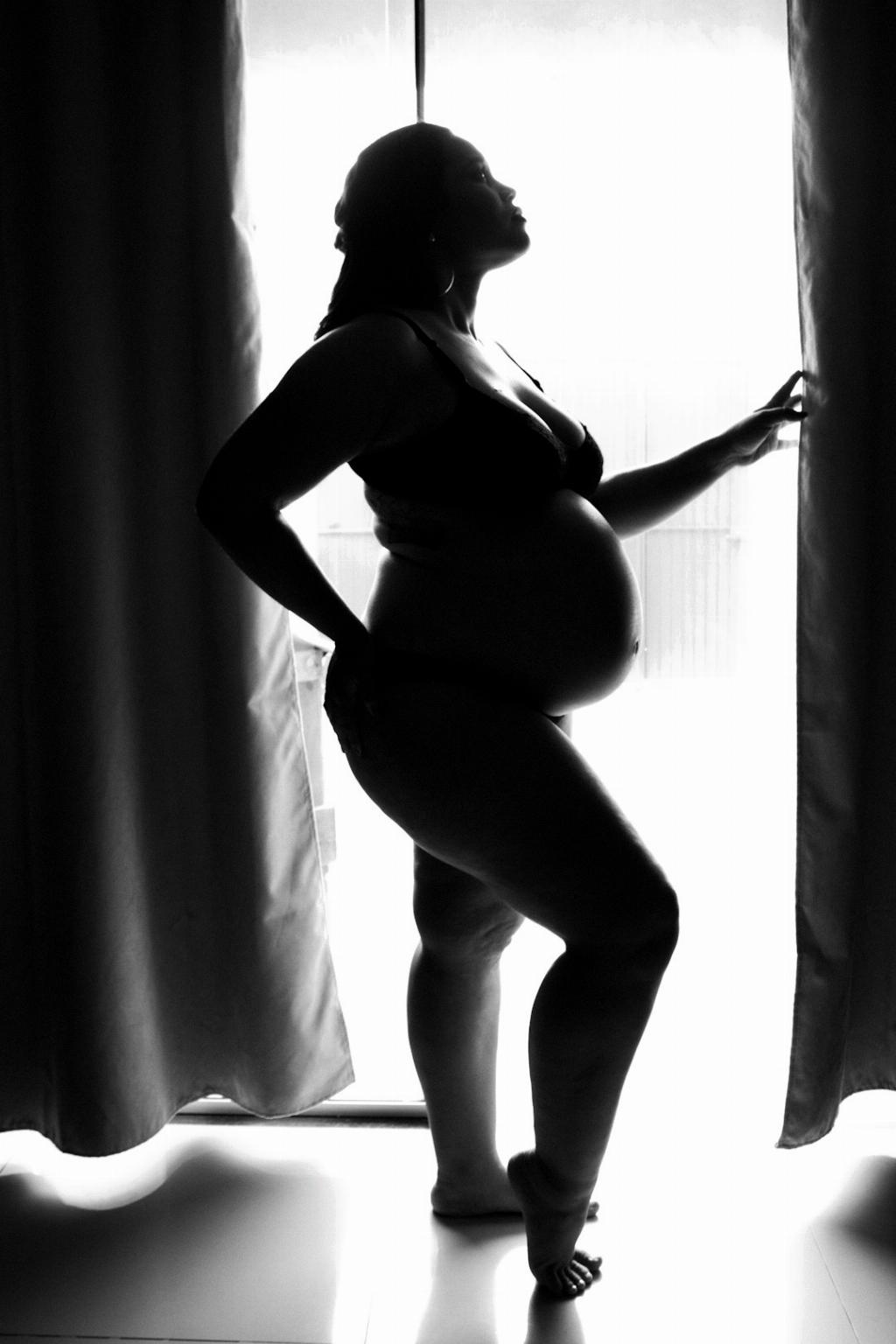For expectant mothers, the well-being of their unborn child is always a top concern. However, the unfortunate reality is that sometimes complications can arise, including the possibility of a stillbirth. So, how would you know if your baby’s heartbeat has stopped? Let’s delve into this essential topic.
One of the primary ways to detect that something may be wrong is through fetal movement. As a mother-to-be, you become attuned to your baby’s patterns of activity. If there is a noticeable decrease in movement or if movements cease altogether, this could be a sign that something is amiss.
Another crucial indicator is the absence of a fetal heartbeat. Healthcare providers often use a Doppler ultrasound device during prenatal appointments to listen to the baby’s heartbeat. If, during one of these sessions, the heartbeat cannot be detected, it may suggest that the baby’s heart has stopped beating.
It’s important to note that sometimes the lack of fetal movement or a detectable heartbeat doesn’t necessarily mean the worst. However, any concerns in these areas should be promptly addressed and thoroughly investigated by medical professionals.
Additionally, changes in fetal activity combined with other symptoms such as vaginal bleeding, abdominal pain, or a decrease in the size of the uterus could also be red flags. It’s essential to trust your instincts and seek medical attention if you have any doubts about your baby’s well-being.
While it’s natural to worry, it’s crucial not to panic at the first sign of decreased movement. Factors such as the position of the baby or a shift in your routine can temporarily affect their activity levels. However, if you notice a consistent decrease in movements over time, it’s better to be safe than sorry and reach out to your healthcare provider.
Communication with your healthcare team is key throughout your pregnancy journey. If you ever have concerns about your baby’s movements or suspect that something may be wrong, don’t hesitate to contact your doctor or midwife. They are there to support you and your baby’s health every step of the way.
Remember that each pregnancy is unique, and what’s most important is being in tune with your body and your baby. Trust your instincts and don’t hesitate to seek reassurance if you feel that something doesn’t seem right. Your proactive approach could make all the difference in ensuring the well-being of your little one.
In conclusion, while the thought of a stopped heartbeat can be frightening, being aware of the signs and taking appropriate action can help in addressing any potential issues early on. Stay vigilant, stay informed, and prioritize your baby’s health throughout your pregnancy.

